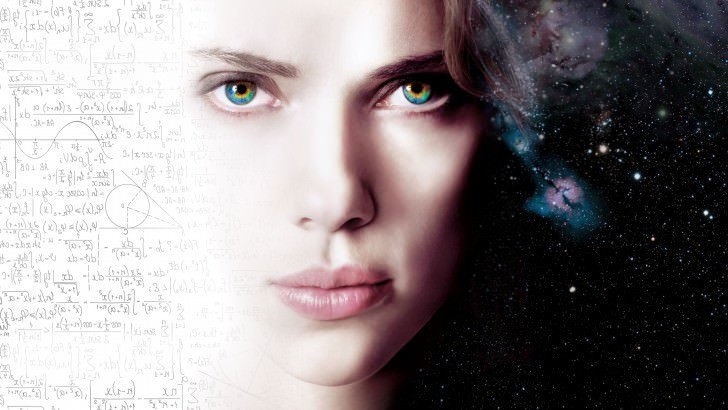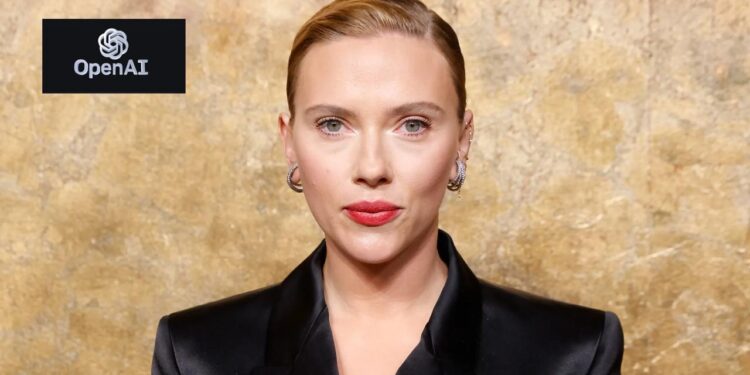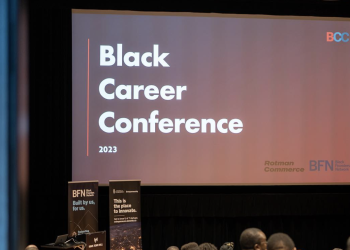Scarlett Johansson was perfectly positioned to be the definitive voice of AI. Her portrayal of Samantha, the AI operating system in Spike Jonze’s 2013 masterpiece Her, cemented her status as a cultural icon in the realm of digital consciousness. Yet, despite the enormous potential, Johansson never fully embraced or leveraged this niche to establish herself as the voice of AI—a role that could have extended far beyond the silver screen.
The allure of Johansson’s voice was further reinforced by her performance in Lucy, directed by Luc Besson. The film, which explores themes of human potential and intelligence, positioned Johansson as a natural fit for conversations about futurism and technology. Lucy’s narrative of transcending human limitations complemented the emotional depth she brought to Her, where Samantha’s voice became a beacon of warmth and humanity in an otherwise digital world. These roles showcased Johansson as someone who could uniquely balance intellectual gravitas with emotional resonance—qualities critical for AI’s broader acceptance.

The OpenAI Opportunity That Slipped Away
In 2024, OpenAI’s release of an updated version of ChatGPT stirred controversy when the AI’s voice bore an uncanny resemblance to Johansson’s. The Hollywood star said she was “shocked, angered, and in disbelief” over the similarity. For Johansson, the connection was particularly stark given her role in Her. OpenAI’s CEO, Sam Altman, even appeared to acknowledge the influence of the film with a cryptic one-word post on X: “Her.”

Altman’s recognition wasn’t coincidental. OpenAI had previously approached Johansson to be one of the voices for ChatGPT. Despite initial interest, she declined for “personal reasons.” According to OpenAI, Johansson was approached to be an additional voice after five had already been chosen, but the timing of the final outreach, just days before the May 2024 launch, left little room for reconsideration. Her decision to step away was a missed opportunity—not just for OpenAI but for Johansson herself to cement her association with AI as its most human and relatable voice.
Johansson’s choice highlights the complexities of aligning personal values with the demands of rapidly evolving technologies. While her refusal stemmed from personal considerations, the decision also closed a door to a potentially transformative role in shaping the public’s perception of AI.
The Power of Cultural Icons and Ambassadors
In the world of AI, the role of cultural icons as ambassadors is becoming increasingly critical. Celebrities like Scarlett Johansson are not just actors; they are global brands capable of humanizing and popularizing cutting-edge technologies. Her voice, immortalized in Her, could have bridged the gap between scepticism and acceptance, making AI less intimidating and more accessible to the masses.
Tech companies have long relied on celebrities to lend credibility and relatability to their innovations. From Ashton Kutcher’s involvement in tech startups to Will.i.am’s foray into wearables, cultural icons often serve as bridges between emerging technologies and the public. Johansson, with her history of portraying futuristic roles, was uniquely placed to lead this narrative for AI. Her participation could have elevated the technology from mere functionality to emotional resonance, shaping its adoption as a tool designed to enhance human interaction.
However, her refusal also underscores the risks associated with celebrity endorsements in tech. While icons can amplify awareness and acceptance, they can also commercialize the technology in ways that detract from its authenticity. Johansson’s decision not to align with OpenAI might inspire other cultural icons to critically evaluate their role in shaping the AI narrative, ensuring that their involvement aligns with their values and vision for the future.
What Could Have Been
Scarlett Johansson’s voice could have defined a generation’s interaction with AI, much as her roles in Her and Lucy defined conversations around digital consciousness and human potential. By choosing not to participate in OpenAI’s ChatGPT, she left a void in the cultural narrative of AI—a space that could have blended her artistic legacy with the technological future. As AI continues to evolve, Johansson’s absence serves as both a reminder of the potential of cultural icons in shaping the tech landscape and a cautionary tale about the complexities of navigating such opportunities.













